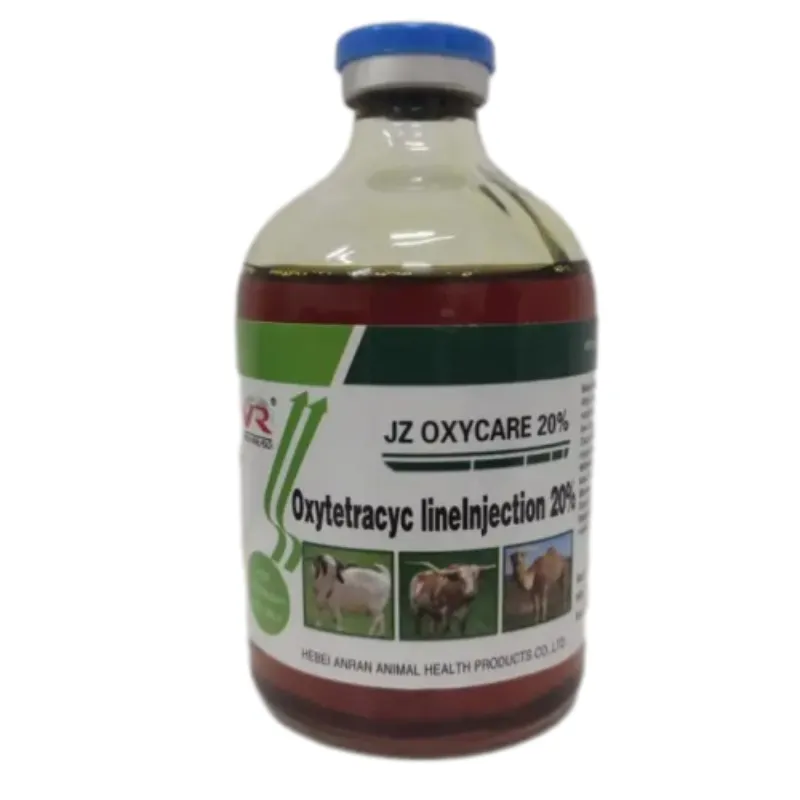- Afrikaans
- Albanian
- Amharic
- Arabic
- Armenian
- Azerbaijani
- Basque
- Belarusian
- Bengali
- Bosnian
- Bulgarian
- Catalan
- Cebuano
- Corsican
- Croatian
- Czech
- Danish
- Dutch
- English
- Esperanto
- Estonian
- Finnish
- French
- Frisian
- Galician
- Georgian
- German
- Greek
- Gujarati
- Haitian Creole
- hausa
- hawaiian
- Hebrew
- Hindi
- Miao
- Hungarian
- Icelandic
- igbo
- Indonesian
- irish
- Italian
- Japanese
- Javanese
- Kannada
- kazakh
- Khmer
- Rwandese
- Korean
- Kurdish
- Kyrgyz
- Lao
- Latin
- Latvian
- Lithuanian
- Luxembourgish
- Macedonian
- Malgashi
- Malay
- Malayalam
- Maltese
- Maori
- Marathi
- Mongolian
- Myanmar
- Nepali
- Norwegian
- Norwegian
- Occitan
- Pashto
- Persian
- Polish
- Portuguese
- Punjabi
- Romanian
- Russian
- Samoan
- Scottish Gaelic
- Serbian
- Sesotho
- Shona
- Sindhi
- Sinhala
- Slovak
- Slovenian
- Somali
- Spanish
- Sundanese
- Swahili
- Swedish
- Tagalog
- Tajik
- Tamil
- Tatar
- Telugu
- Thai
- Turkish
- Turkmen
- Ukrainian
- Urdu
- Uighur
- Uzbek
- Vietnamese
- Welsh
- Bantu
- Yiddish
- Yoruba
- Zulu
ພ.ຈ. . 06, 2024 16:41 Back to list
Dosage Guidelines for Injectable Ivermectin in Dogs Based on Weight and Health
Injectable Ivermectin for Dogs Dosage Guidance and Considerations
Ivermectin is a widely used antiparasitic agent in veterinary medicine, particularly for the treatment of various parasitic infections in dogs. While it's commonly administered in oral form, injectable ivermectin offers a different route that can enhance efficacy in certain situations. This article will provide an overview of injectable ivermectin for dogs, including dosage recommendations, potential side effects, and important considerations for pet owners.
Understanding Ivermectin
Ivermectin is a member of the avermectin family of drugs, which are derived from a soil bacterium known as *Streptomyces avermitilis*. It works by interfering with the nervous system and muscle function of parasites, leading to their paralysis and eventual death. Ivermectin is primarily effective against a range of parasitic infections, including heartworm, mites, and certain types of worms.
While ivermectin is used in various formulations, the injectable form is particularly beneficial for dogs that are unable to take oral medication due to vomiting, difficulty swallowing, or severe illness. The injectable route allows for rapid absorption and immediate therapeutic effects.
Dosage Guidelines
Determining the appropriate dosage of injectable ivermectin for dogs involves several factors, including the type of parasite being treated, the dog's weight, and overall health condition. Generally, the standard dosage is approximately 0.1 to 0.2 mg/kg (milligram per kilogram) of body weight, but this can vary based on the specific circumstance and veterinary guidance.
For severe infestations or specific conditions such as demodectic mange, dosages may be adjusted upward based on a veterinarian's discretion. However, it’s crucial that pet owners consult with a veterinarian before administering any injectable medications. A professional will consider the dog's health history, possible interactions with other medications, and potential risks associated with ivermectin.
Administration of Injectable Ivermectin
injectable ivermectin for dogs dosage in ml

Injectable ivermectin is typically administered subcutaneously (under the skin) or intramuscularly (into the muscle). This should only be done by a qualified veterinarian or trained professional to minimize the risk of complications such as infection or incorrect administration. The frequency of injections can vary widely based on the treatment regimen prescribed by the veterinarian.
If a dog is treated for heartworm, for example, the veterinarian may administer a series of injections over several months in conjunction with other treatments. Conversely, for acute cases of other parasites, a single dose may suffice.
Monitoring and Side Effects
While ivermectin is generally well-tolerated, some dogs, especially certain breeds such as Collies and related breeds with a genetic mutation affecting drug metabolism, can experience adverse reactions. Side effects may include lethargy, vomiting, diarrhea, ataxia (loss of coordination), or even severe neurological issues. These side effects are particularly concerning in cases of overdosing or in sensitive breeds.
It is crucial for pet owners to watch for any adverse reactions after the administration of injectable ivermectin. If any concerning symptoms arise, it is imperative to seek veterinary assistance promptly.
Safety Precautions and Conclusions
Before administering injectable ivermectin, it is essential for pet owners to disclose their dog's complete medical history to the veterinarian. This includes any current medications, prior adverse reactions to medications, and any underlying health conditions.
Additionally, ivermectin should not be used in puppies under six weeks of age or in dogs that are pregnant or nursing unless specifically advised by a veterinarian. As with any medication, adherence to the recommended dosage and administration guidelines is crucial to ensure the safety and well-being of the dog.
In conclusion, injectable ivermectin can be a valuable tool in managing parasitic infections in dogs. Understanding the recommended dosages, treatment protocols, and recognizing potential side effects are essential for responsible pet care. Always consult a veterinarian when considering injectable ivermectin for your canine companion to ensure safe and effective treatment.
-
Guide to Oxytetracycline Injection
NewsMar.27,2025
-
Guide to Colistin Sulphate
NewsMar.27,2025
-
Gentamicin Sulfate: Uses, Price, And Key Information
NewsMar.27,2025
-
Enrofloxacin Injection: Uses, Price, And Supplier Information
NewsMar.27,2025
-
Dexamethasone Sodium Phosphate Injection: Uses, Price, And Key Information
NewsMar.27,2025
-
Albendazole Tablet: Uses, Dosage, Cost, And Key Information
NewsMar.27,2025













